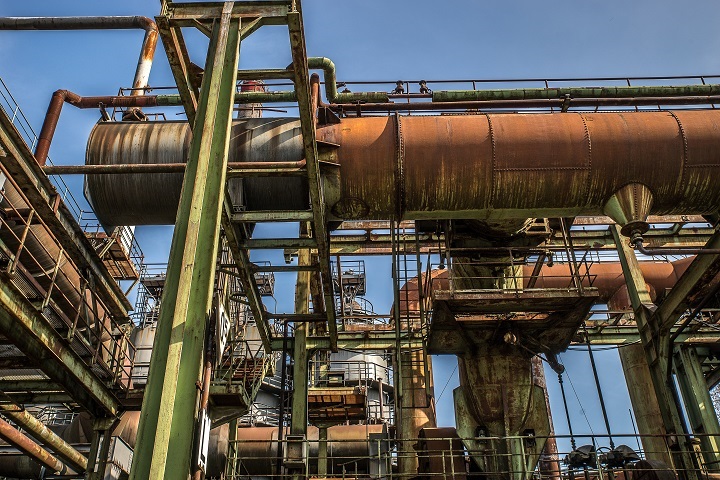 Regarding industrial piping companies, one component that plays an integral role in their operations is steel pipes. Steel pipes are widely used in various industrial applications such as water supply, oil, and gas transportation, sewage treatment, etc. In this article, we’ll take a closer look at the benefits of using steel pipes in industrial piping and why they are the preferred choice of material for many companies.
Regarding industrial piping companies, one component that plays an integral role in their operations is steel pipes. Steel pipes are widely used in various industrial applications such as water supply, oil, and gas transportation, sewage treatment, etc. In this article, we’ll take a closer look at the benefits of using steel pipes in industrial piping and why they are the preferred choice of material for many companies.
Strength and Durability
One of the primary reasons why steel pipes are a popular choice for industrial piping is their strength and durability. Steel is a solid and durable material that can withstand extreme temperatures, high pressure, and heavy loads. This makes steel pipes ideal for use in applications requiring high structural integrity and reliability levels.
Steel pipes are also corrosion-resistant, a common problem with other materials such as copper and PVC. Corrosion can weaken the material and cause leaks, which can be costly and potentially dangerous in industrial settings. Steel pipes are not immune to corrosion, but they can be protected through various coating methods, such as galvanization, which involves coating the pipe with a layer of zinc to prevent rust.
Versatility
Steel pipes come in various shapes and sizes, making them versatile for industrial piping. They can be manufactured in different diameters and thicknesses, allowing them to be customized to meet the specific requirements of different applications. Steel pipes can also be bent and shaped to fit around obstacles or to follow a particular path, which is an essential consideration in industrial settings where space is limited.
Cost-Effective
Despite their many benefits, steel pipes are also cost-effective, making them an attractive option for industrial piping companies. The cost of steel pipes is relatively low compared to other materials, and their durability means they have a longer lifespan, reducing the need for frequent replacements. This translates to lower maintenance and repair costs over time, which can significantly impact the bottom line for industrial companies.
Environmental Sustainability
Steel pipes are also an environmentally sustainable choice for industrial piping. Steel is a recyclable material that can be reused and repurposed at the end of its lifespan. Recycling steel reduces the need for new raw materials, reducing the environmental impact of mining and processing those materials. Additionally, steel production processes have become more environmentally friendly in recent years, with many companies adopting sustainable practices to reduce their carbon footprint.
Choosing the Right Industrial Piping Company
When choosing an industrial piping company, it’s crucial to find one with experience working with steel pipes. The company should have a deep understanding of the properties of steel, including its strength, durability, and resistance to corrosion. They should also know the different coatings that can be applied to steel pipes to protect them from corrosion.
In addition to technical expertise, choosing a company with a solid commitment to safety and quality is essential. Industrial piping can be a hazardous undertaking, so working with a company with a robust safety program and a track record of delivering high-quality work is necessary. International Pipes is one of such excellent companies that can mitigate all your construction projects. Contact us right away.
